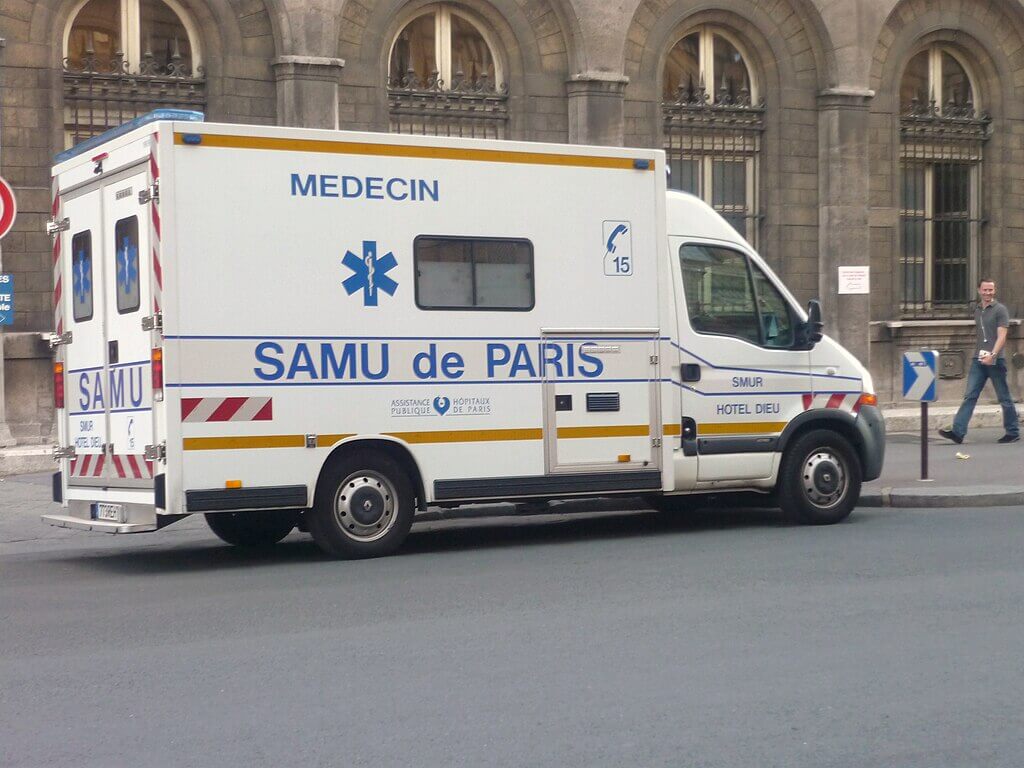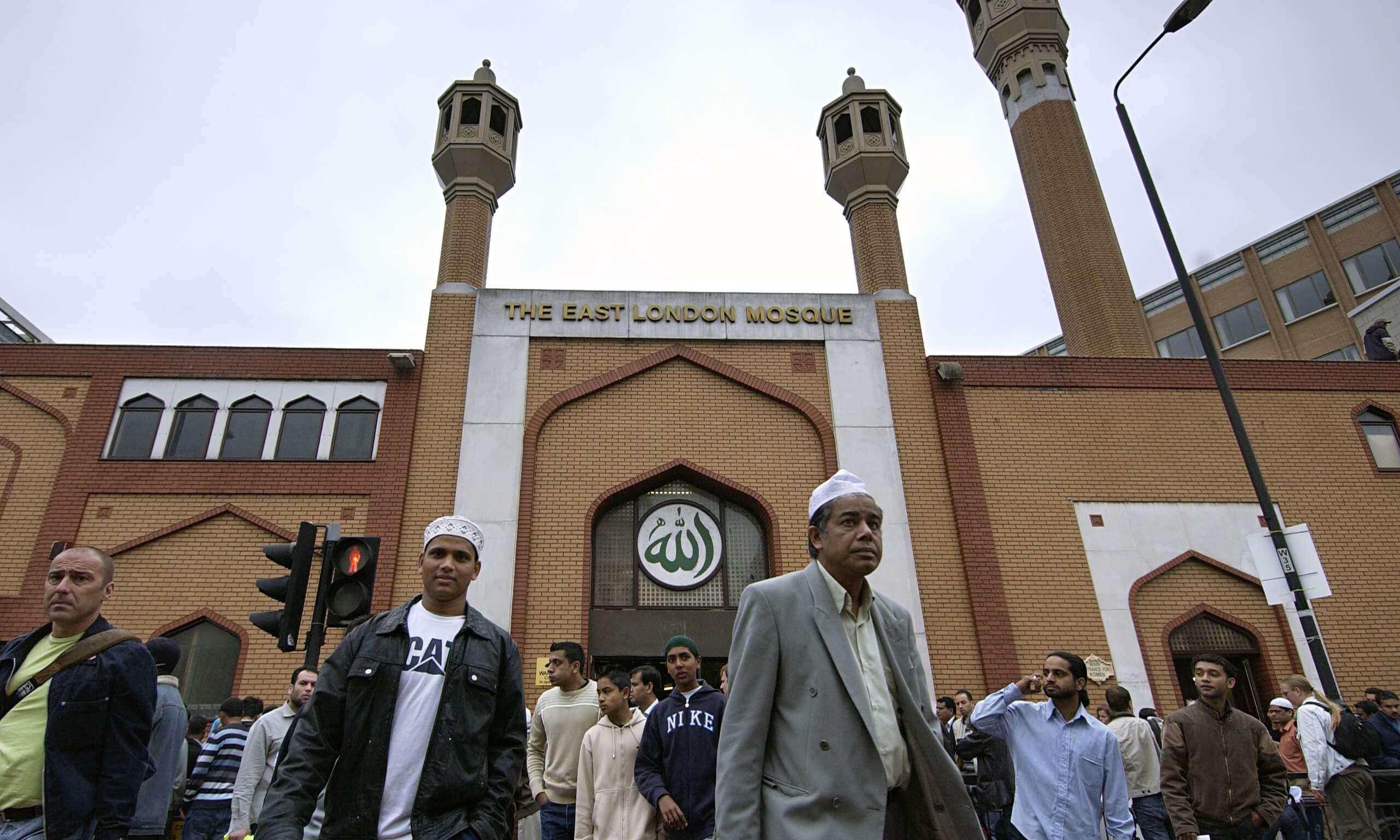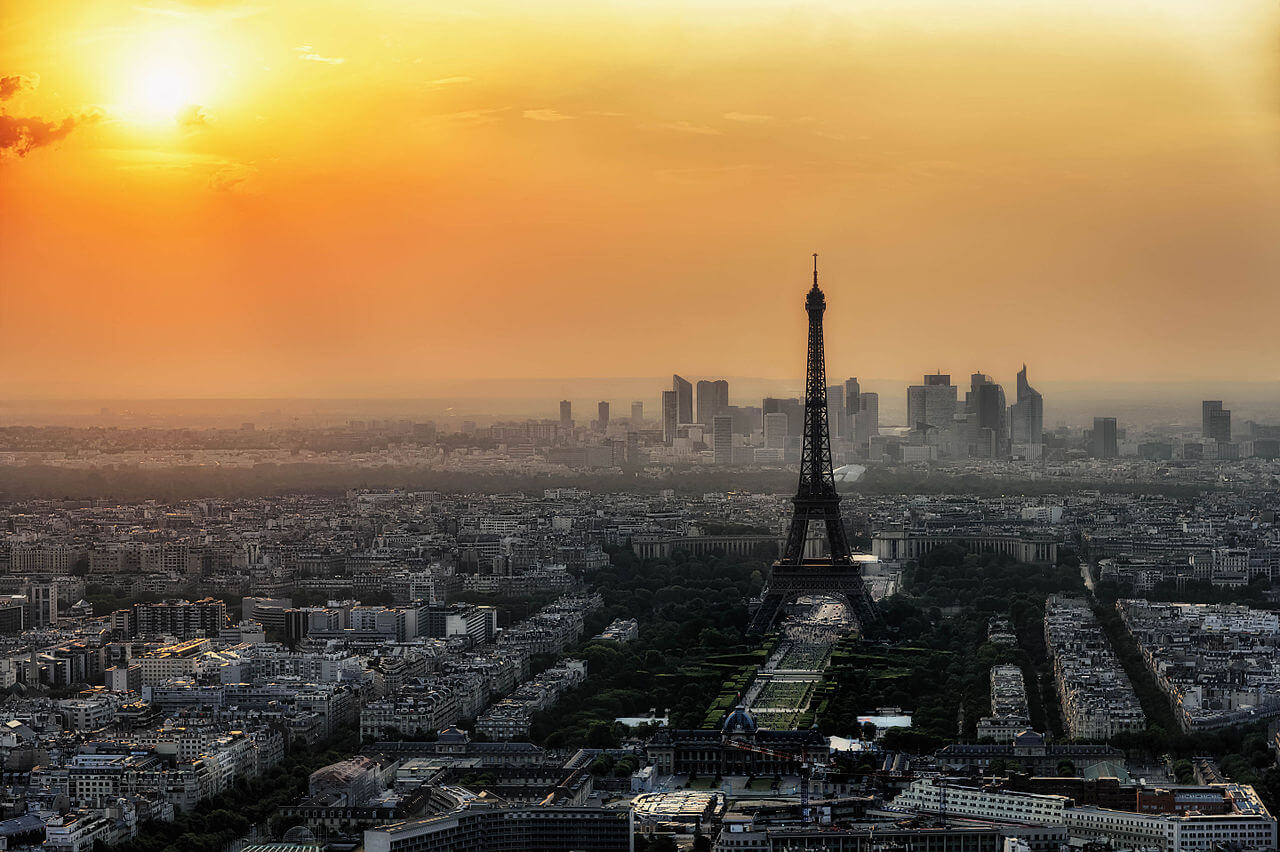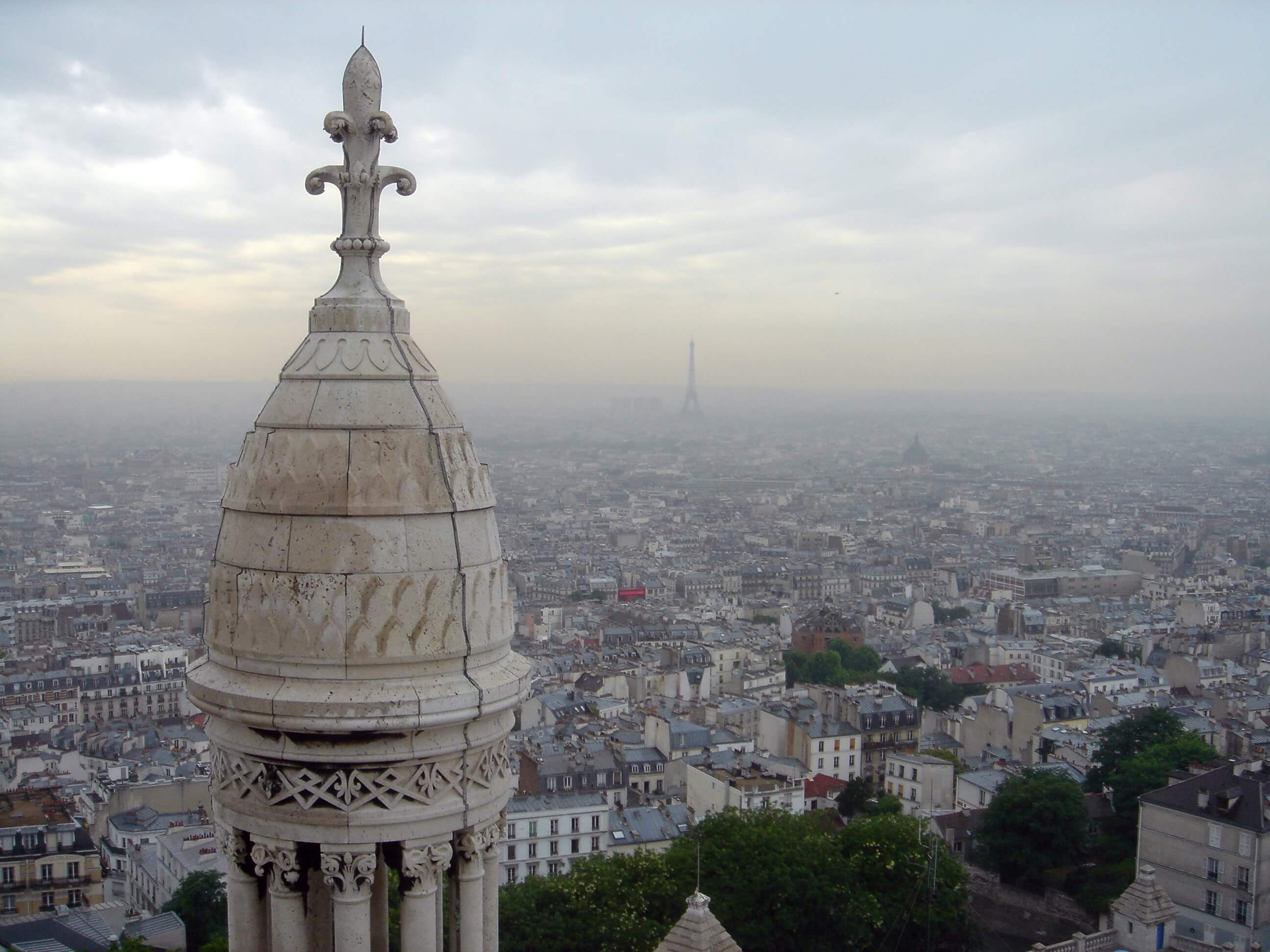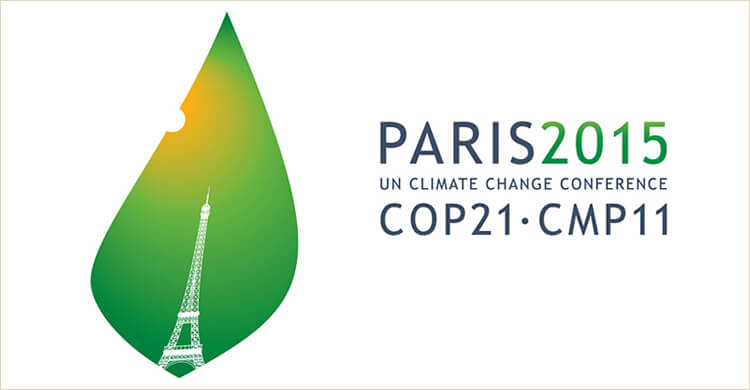The dog wasn’t to blame. The lovely Paris night wasn’t to blame. The charming 7th arrondissement wasn’t to blame.
No. It was my old enemy, gravity, that caused the blameless sidewalk to rise up and smite me.
I had thought I was done with gravity. It had frequently interjected itself into my well-being when I was riding horses. Mercifully, it had held its peace when I was flying single-engine aircraft.
However, gravity came back for me, vengefully, I might say, in Paris on Sept. 12.
My wife, Linda Gasparello, and I traveled to France for a meeting on aspects of the future of Europe at the lovely Jean Monnet House, just outside Paris. On the day of our arrival, we checked into our Paris hotel. We were scheduled for a meeting at the French Foreign Ministry the next day, after which we would be transported to the Jean Monnet House in Houjarray.
We were guests at the house because a few years ago, we had filmed a television program about another delightful Monnet house: the one on leafy Foxhall Road in Washington, where Monnet lived during World War II.
Monnet, who worked from an office at the Willard Hotel, was a central figure in the American arms supply operation vital to the Allied effort — and some say he shortened the war by at least a year. After the war, Monnet and French Foreign Minister Robert Schuman became the two principal fathers of what became the European Union.
Back to Paris, where my wife and I were taking a stroll after a snack in the evening. I have been walking with a cane for several years, so I was not too steady to start.
Then came the blameless dog. I leaned over to pet this fine Parisian pooch, and over I went, my head hitting the sidewalk hard. Blood everywhere. The young couple who owned the dog and two young couples visiting from Corsica offered immediate assistance and called an ambulance.
Years earlier, during one of the many attempts to overhaul the U.S. healthcare system. I wrote about the French emergency medical services called Services d’Aide Médicale Urgente (SAMU). I said it was considered the best in Europe. Little did I know that I would investigate it in so personal a way.
I hasten to say that I have built up a huge respect for emergency responders, whether they are part of a volunteer fire department in rural Virginia or the ambulance service in London, where I was a reporter long ago.
But France’s SAMU takes it to another level.
It begins with the first telephone call, where the dispatcher learns what the injury or illness may be, and an ambulance is sent with the appropriate equipment and personnel. Often, a doctor rides in the ambulance.
The trick is that the ambulance is an emergency room, well-equipped and with the right staff. The ambulance that scooped me up had four technicians — I don’t know if one of them was a doctor.
They went to work immediately, taking health information, cleaning the wound, and constantly checking my vital signs.
The result of this spacious emergency-room-on-wheels is that when you get to the hospital, the trauma staff is ready for you. Under the French medical system, there is no producing proof of insurance, no upfront mention of payment, just care.
For me, it felt like checking into a luxury hotel. The trauma center was airy and well-staffed, and although people were being wheeled around on gurneys, there was no sense of this being a place of the sick and suffering, though it was.
Everyone spoke some English, and as my wife speaks French, we had no language barrier — my French falls away the farther I am from a menu.
The doctor, a young woman, spent more than half an hour with me and my wife. Then, I was wheeled into a room for a head scan, and there was no waiting. Indeed, the nurses and technicians were waiting for me.
The doctor explained the scan and gave prescriptions for dressing the wound and pain relief. Amazingly, she walked us to the discharge area and then to a waiting taxi.
France is criticized in the EU for having one of the most expensive medical systems of the 27 countries. I looked up that cost — medicine is a birthright in France — and the result is: Presently, France spends about 12.3 percent of its GDP on health. We spend about 17.3 of our GDP on it.
